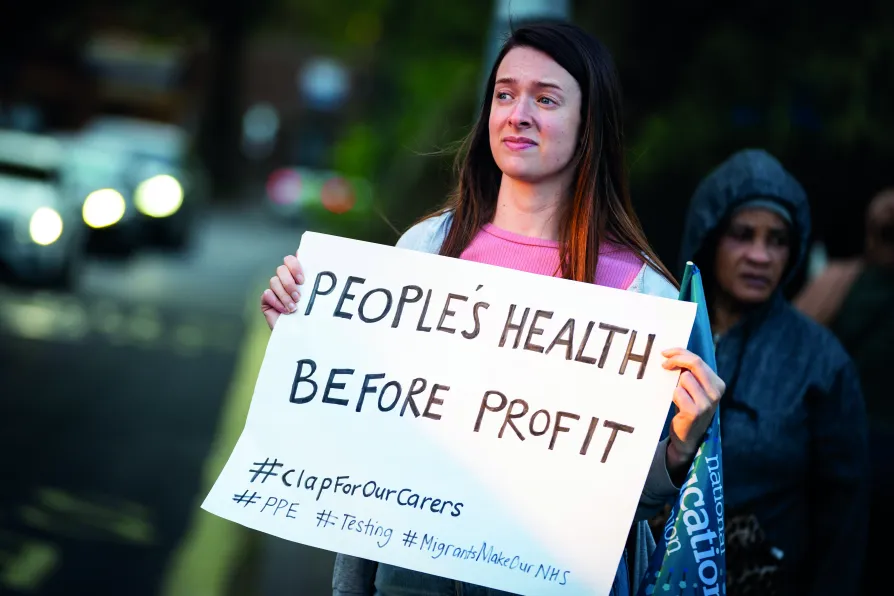VIJAY PRASHAD details how US support for Syrian President Ahmad al-Sharaa allowed him to break the resistance of the autonomous Syrian Democratic Forces (SDF)


LAST week the gloves came off. The pretence of government consultation of unions was dropped with the vicious attack on the teachers who decline to go back to work without the assurance that it is safe for their members, their members’ families, the pupils and their families.
Their view is shared by the Scottish, Welsh and Northern Irish governments and the BMA. It is also shared by the leaders of English local authorities. And more particularly, it is shared by most parents who don’t want their kids to become carriers of the disease.
But the British government is desperate for teachers in England to get back to what it regards as their proper function: childminding — so that business can get back to normal.

The Bill addresses some exploitation but leaves trade unions heavily regulated, most workers without collective bargaining coverage, and fails to tackle the balance of power that enables constant mutation of bad practice, write KEITH EWING and LORD JOHN HENDY KC













